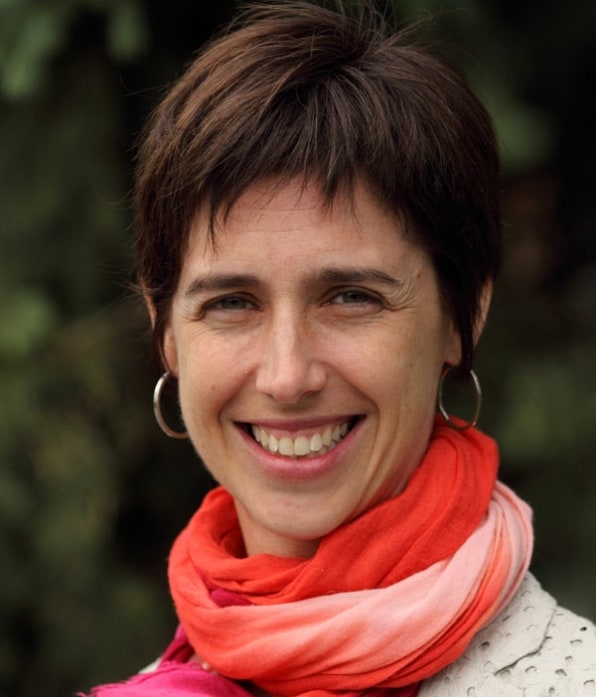The heart of the artificial intelligence community, like so much else in technology, is in Silicon Valley. But Facebook is betting some of its future on AI work coming out of the field’s burgeoning hotbed in Montreal.
On Friday, the social networking giant is announcing the opening of a new AI research lab, its fourth, in the Canadian city. Led by Joelle Pineau, an expert in the areas of dialogue systems and reinforcement learning, and a professor at McGill University in Montreal, the lab is expected to grow from an initial team of 10–including interns–to about 30 within a couple of years.

The Montreal facility will augment Facebook AI research centers at its headquarters in Menlo Park, California, as well as in New York City and Paris. In total, the company has about 100 people dedicated to AI research. According to Yann LeCun, head of Facebook AI Research (FAIR), the company wanted to take advantage of the “quickly growing AI ecosystem in Canada, [and] Montreal in particular.”
Among those behind Montreal’s emergence as a leader in AI research is University of Montreal professor and director of the school’s Montreal Institute for Learning Algorithms Yoshua Bengio, a pioneer in deep learning.
“Facebook is clearly a leader in AI,” Bengio said in a statement, “and the creation [of] Facebook’s AI lab here is going to contribute to the expansion of Montreal as an international hub for AI, an ecosystem joining universities [and] established companies as well as startups.” (Bengio is also a consultant to Microsoft, which is putting down stakes of its own in Montreal’s AI community; in January, it bought Maluuba, a Montreal-based AI startup he had advised.)
Pineau, who plans on maintaining her affiliation with McGill–and who will split her time evenly between the university and Facebook–said her team’s mandate is to develop the next generation of artificial intelligence technology, particularly in the areas of computer vision, natural language, and video analysis.
Facebook is expecting that her particular areas of expertise, reinforcement learning and dialogue systems, will play an important role in accelerating the company’s ground-breaking work in virtual assistants and dialogue agents. “It’s our belief, and the belief of a lot of people,” LeCun said, “that the way people will interact with the digital world in the future is through voice…and intelligent digital systems.”
In an interview, Pineau suggested she hopes to be able to contribute meaningfully in advancing fundamental AI research in areas like data that results in exchanges between humans and machines.
Already, FAIR’s work–though not that of Pineau’s team–has been incorporated into M, the AI assistant that’s part of Messenger, as well as into the company’s work in language translation.
Even as Pineau joins FAIR, Facebook is planning on bolstering its ties to the academic community by partnering with McGill, the University of Montreal, the Canadian Institute for Advanced Research, and the Montreal Institute for Learning Algorithms. The company plans on committing about $5.8 million worth of grant money to those organizations.
In part, that money will be used to help them build up their computing infrastructure, something with which many academic labs often need assistance, Pineau said, citing her own long experience.
After 13 years at McGill, Pineau explained, she is ready for a new challenge, particularly one in which she’ll be able to take part in the cutting-edge work being done in the tech industry today, and the opportunities that will afford her to learn new “modes” of AI research.
As for why she chose Facebook in particular, Pineau cited its commitment to being open about its research, and that that commitment will allow her to talk outside the company about her work. That philosophy has been instrumental in Facebook being able to quickly ramp up the size and scope of its AI research operations.
Fast Company , Read Full Story
(92)